(BDO) At the recent Green Economy Forum and Exhibition 2024, businesses were quite interested in sharing information related to the extended responsibility of manufacturers for packaging and waste products (EPR). This is both a legal regulation and a green certificate for businesses to participate deeply in the global supply chain, meeting the increasing demands of consumers.
Global trade trends
According to the provisions of the Law on Environmental Protection 2020, from January 1, 2024, manufacturers and importers, in addition to being responsible for the products they manufacture and distribute, are also responsible for recycling products, packaging, and collecting and treating waste. The extended responsibility of manufacturers is stipulated in Article 54 of the Law on Environmental Protection 2020 and is detailed in Decree No. 08/2022/ND-CP dated January 10, 2022 of the Government detailing a number of articles of the Law on Environmental Protection.
Binh Duong Department of Industry and Trade supports businesses in developing production technology at Shun Xing Plastic Vietnam Co., Ltd. (Ben Cat City)
Accordingly, from January 1, 2024, manufacturers and importers of lubricants, batteries, tires and commercial packaging must recycle or pay fees to support waste recycling activities. Manufacturers and importers of electrical and electronic products will be responsible for recycling from January 1, 2025; manufacturers and importers of means of transport (cars and motorbikes) will be responsible for recycling from January 1, 2027.
Regarding the responsibility of recycling, enterprises have the right to choose one of two options: organizing recycling or paying money to the Vietnam Environmental Protection Fund to support recycling. Regarding the responsibility of collecting and treating waste, manufacturers and importers of product groups according to regulations must be responsible for contributing financially to support the collection and treatment of waste.
Mr. Karin Greve, Commercial Counselor of the Norwegian Embassy in Vietnam, said that the development and promulgation of the EPR mechanism is a positive effort of the Vietnamese Government. To promote the effectiveness of this mechanism, it is necessary to focus on raising public awareness of waste classification at source. For enterprises, it is necessary to form a symbiotic network so that waste from factories becomes raw materials for recycling facilities, and then products from recycling facilities become new packaging for factories. The Government should provide support and incentives to encourage enterprises to participate. In the long term, the Government needs to have a roadmap to increase the recycling rate of packaging and waste applied to enterprises with the goal of recycling as much as possible; at the same time, promote investment in improving the quality of recycled products to increase economic efficiency and minimize waste to the environment.
In fact, before the EPR regulation came into effect, many enterprises changed their management models, invested in machinery, technology, and raw materials to reduce emissions and meet market and consumer demands.
According to the leader of Duy Tan Recycled Plastic Joint Stock Company, the company started recycling plastic in 2020. Due to the requirements of global trade and especially the effective EPR regulation, the demand for recycled plastic has increased, the company can use 180 tons of raw materials/day. The difficulty for recycling enterprises today is that the rate of waste classified at source is low, leading to recyclable waste not being thoroughly collected, recycling enterprises lack input materials; only about 70% of collected plastic waste is recycled.
Meanwhile, the leader of Tetra Pak Vietnam Company said that many recyclable wastes are mixed with wastes for treatment, which is both costly and a waste of resources. To promote the recycling of packaging and discarded products, the most effective solution is to increase the classification and collection of waste at the source. The EPR policy is very necessary in the current context, as a tool to raise awareness of people and businesses about waste.
Business Support
Talking to us, Mr. Nguyen Thanh Toan, Director of the Department of Industry and Trade, said that implementing the National Strategy on Green Growth for the period 2021-2030, with a vision to 2050, the National Action Plan on Green Growth for the period 2021-2030, specifically in implementing greenhouse gas emission reduction, greening economic sectors, greening lifestyles and promoting sustainable consumption, solutions to implement green growth suitable for Binh Duong province, the Provincial People's Committee has issued an action plan on green growth in Binh Duong province for the period 2022-2030 with 4 goals and 18 action topics. In which, the province identifies green growth as contributing to promoting economic restructuring associated with growth model innovation to achieve economic prosperity, environmental sustainability and social equity; towards a green, carbon-neutral economy and contributing to the goal of limiting global temperature rise.
Binh Duong Department of Industry and Trade supports businesses in developing production technology and using recycled products at Ngon Viet Mushroom Cooperative (Dau Tieng district)
In the coming time, the Department of Industry and Trade will continue to support the business community, improve research and apply advanced technologies in production, contributing to reducing greenhouse gas emissions, contributing to the implementation of sustainable development goals, bringing Binh Duong towards a green economy and contributing to the goal of limiting global temperature rise. The province promotes a circular economic model through the exploitation and economical and efficient use of natural resources and energy based on science and technology. Apply digital technology and digital transformation, develop in production to improve growth quality, promote competitive advantages and minimize negative impacts on the environment.
According to Mr. Mai Hung Dung, Standing Member of the Provincial Party Committee, Standing Vice Chairman of the Provincial People's Committee, the province focuses on implementing the Binh Duong Smart City Project in the field of environmental protection, concentrating capital for circular economic development; continuing to improve the system of state management agencies on the environment; building and developing an ecological industrial park model, developing the market for recycled, green, clean, and friendly products.
“In particular, the province has always been consistent in its motto of not trading the environment for the economy, attracting investment projects with advanced technology, saving raw materials and energy. Thereby, the province promotes economic restructuring associated with innovation of growth models towards green, circular economy for sustainable development,” Mr. Mai Hung Dung emphasized.
Tieu My - Cam Tu
Source: https://baobinhduong.vn/loi-ich-kep-khi-thuc-hien-epr-a335201.html



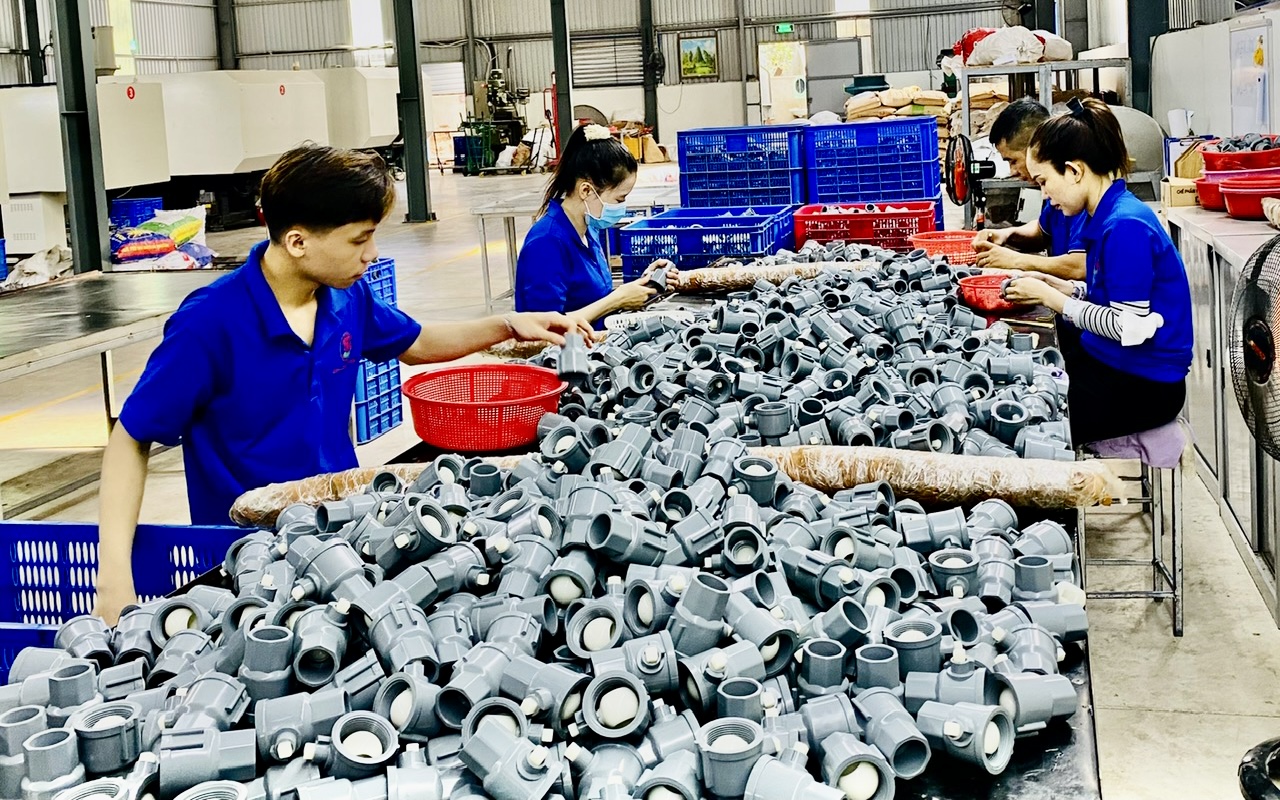
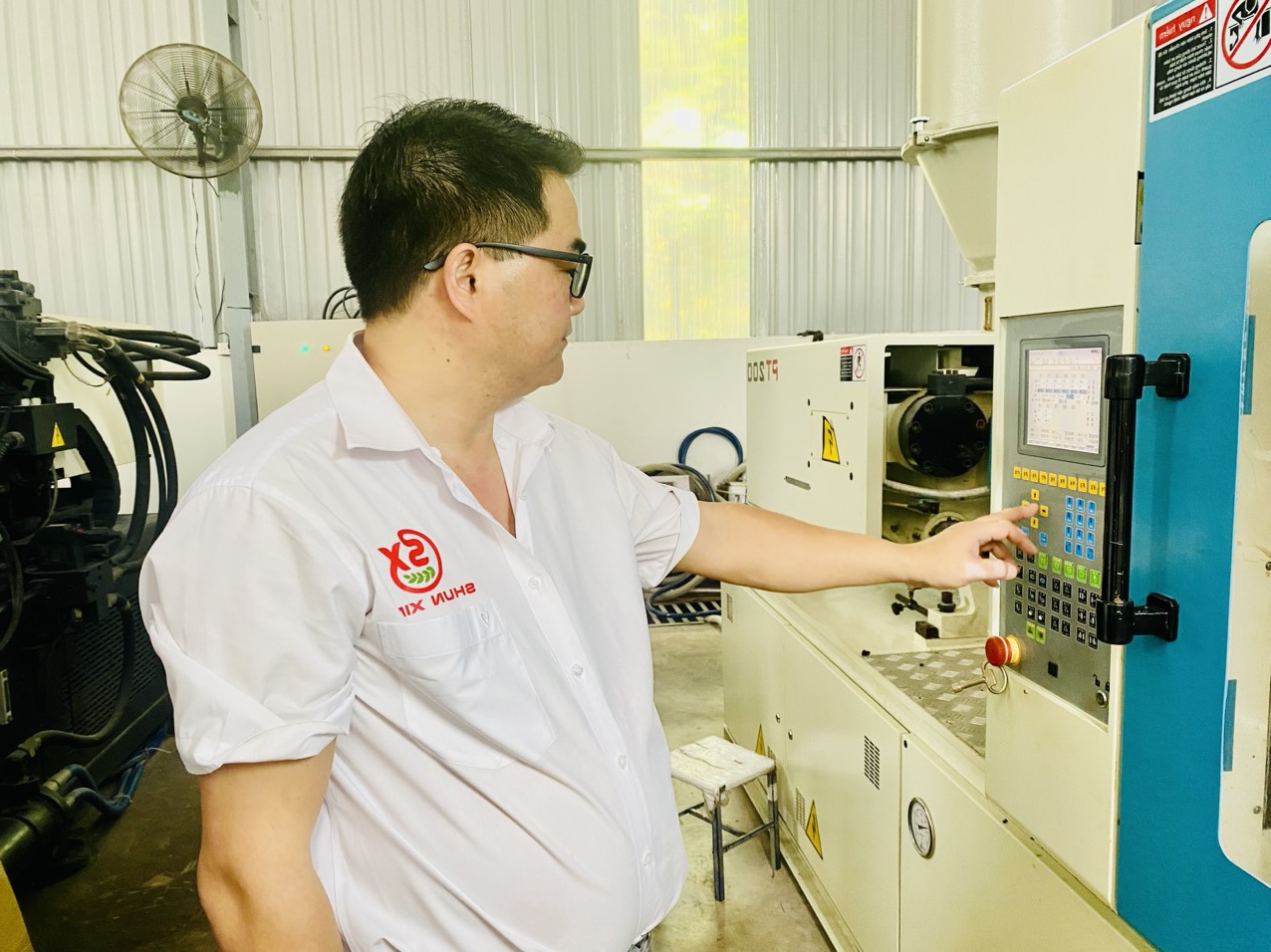
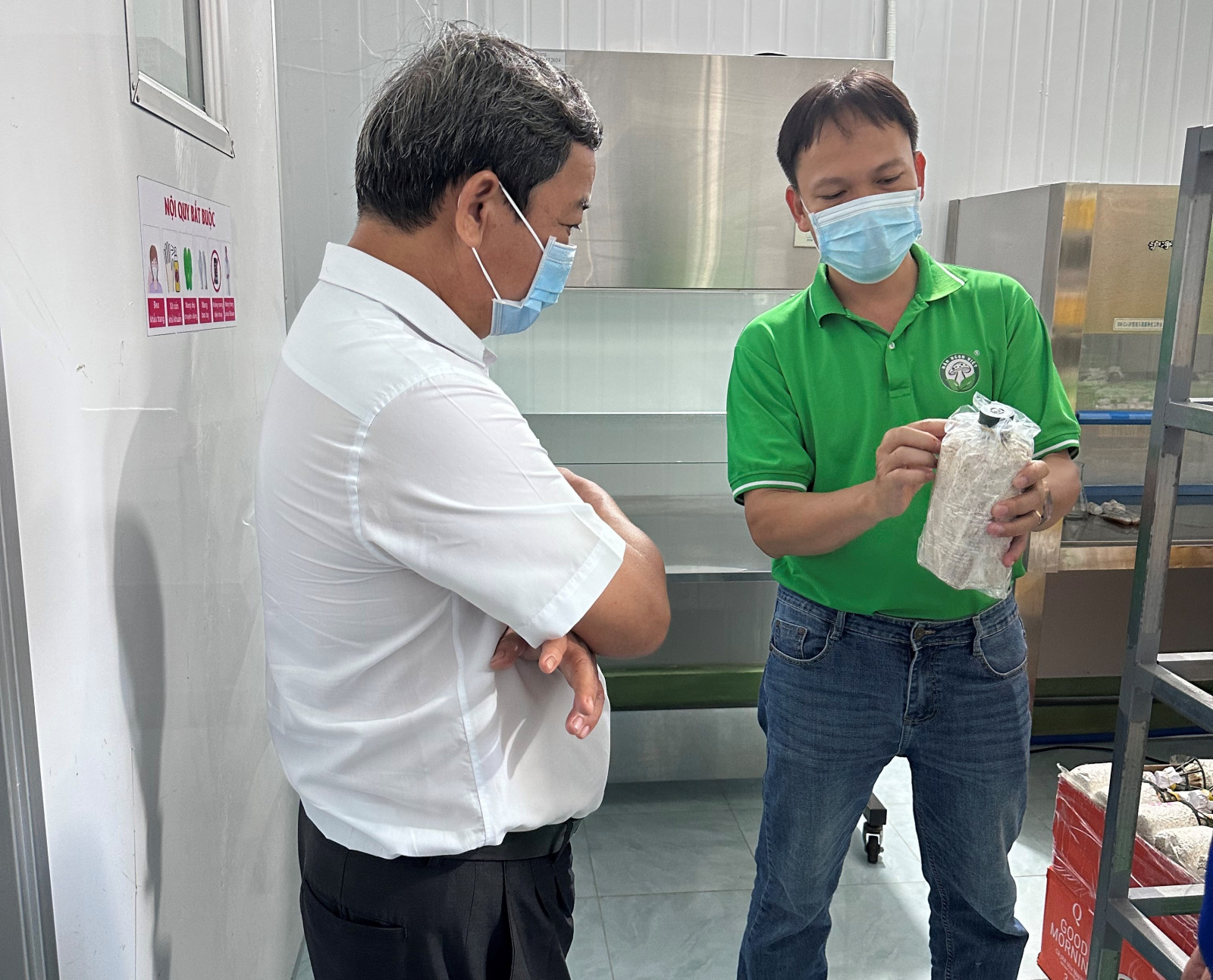



![[Photo] President Luong Cuong attends special political-artistic television show "Golden Opportunity"](https://vphoto.vietnam.vn/thumb/1200x675/vietnam/resource/IMAGE/2025/8/22/44ca13c28fa7476796f9aa3618ff74c4)

![[Photo] Prime Minister Pham Minh Chinh chairs the conference to review the 2024-2025 school year and deploy tasks for the 2025-2026 school year.](https://vphoto.vietnam.vn/thumb/1200x675/vietnam/resource/IMAGE/2025/8/22/2ca5ed79ce6a46a1ac7706a42cefafae)
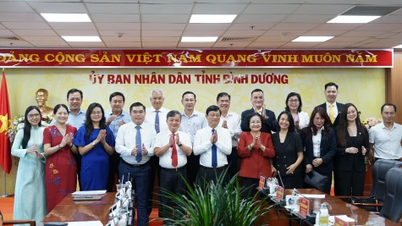

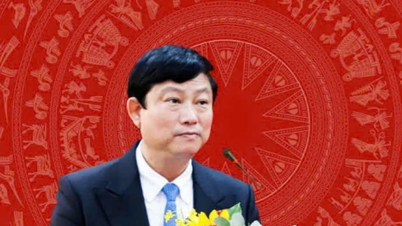
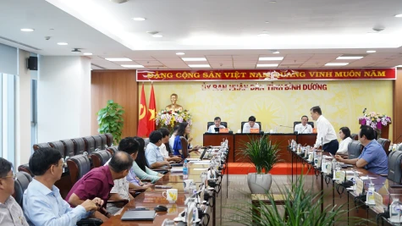
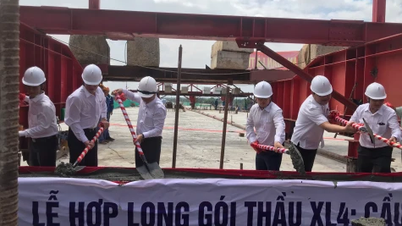
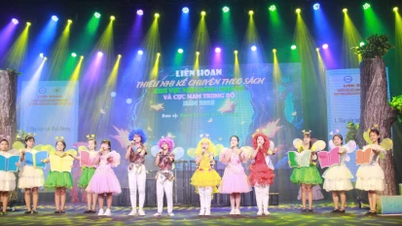
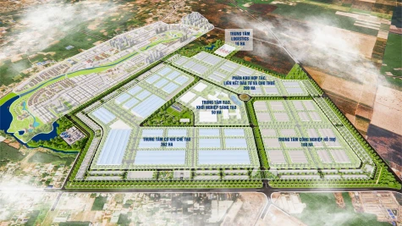






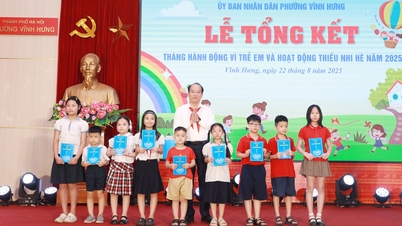
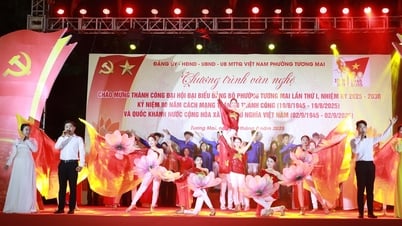
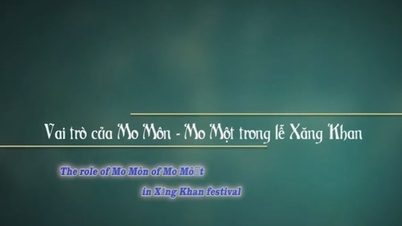
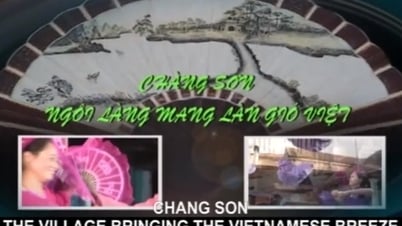
















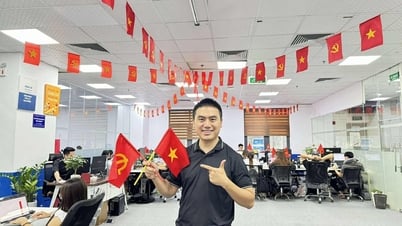













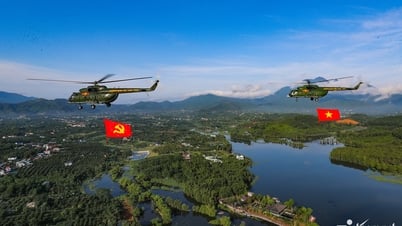
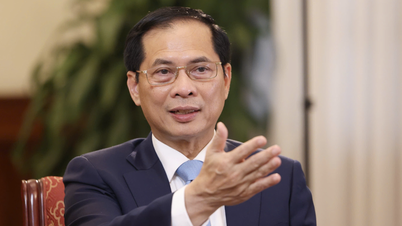
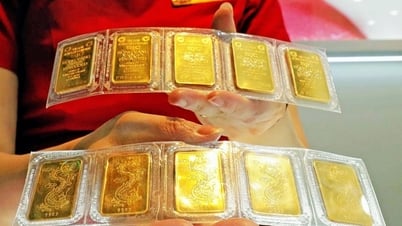
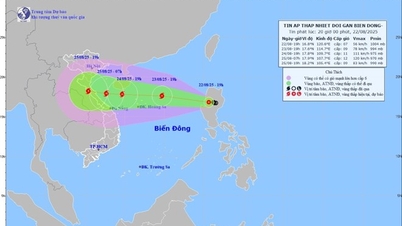

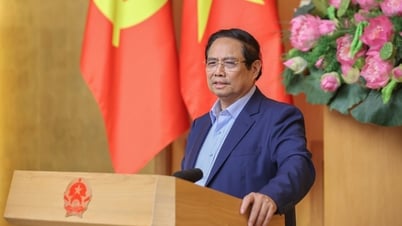
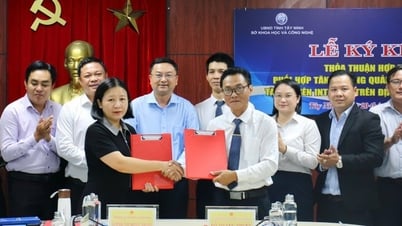

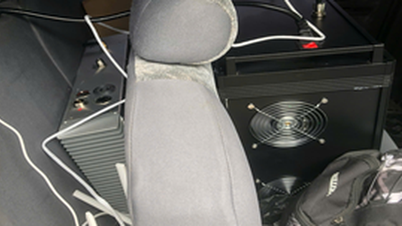
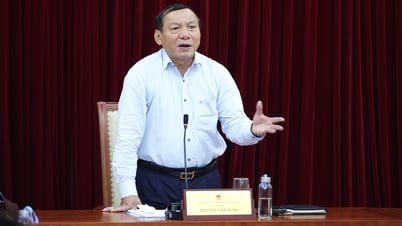

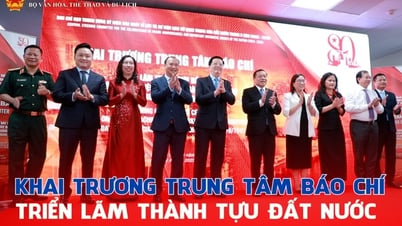

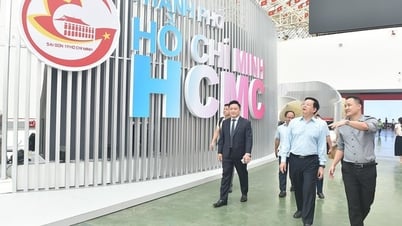
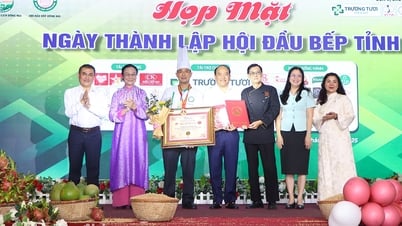

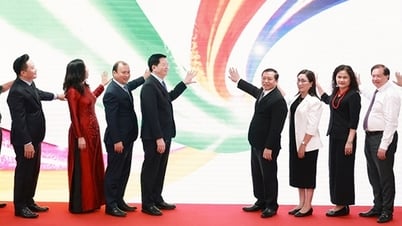

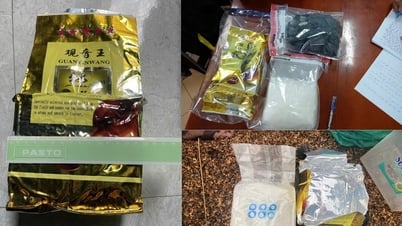

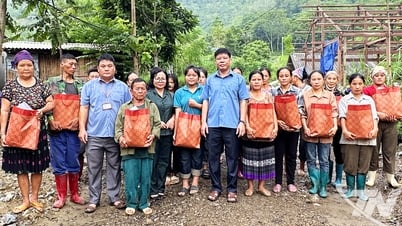

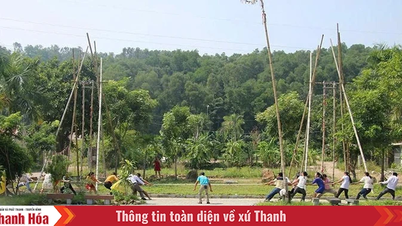

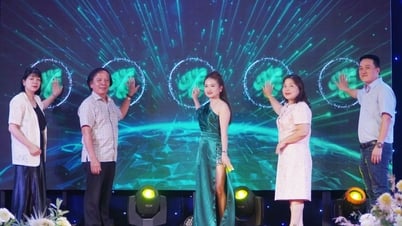











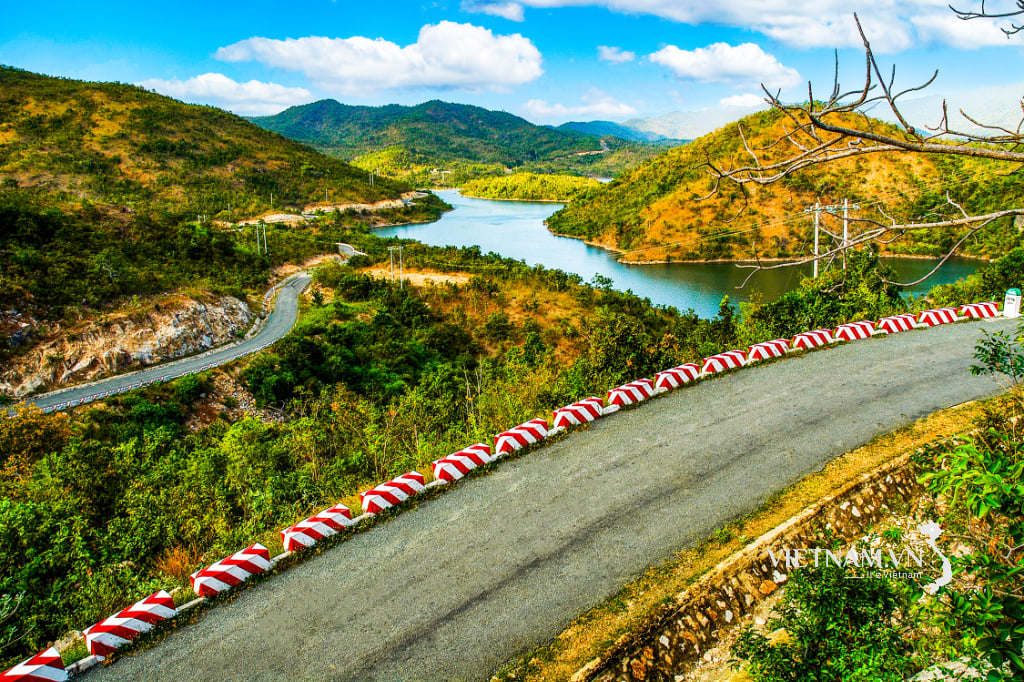

Comment (0)